Americans sometimes forget that in our capitalist system, we also vote with our wallets. Millennials have stopped spending money on certain items past generations once did. That lack of cash flow has crushed these 15 industries.
15. Diamond Engagement Rings
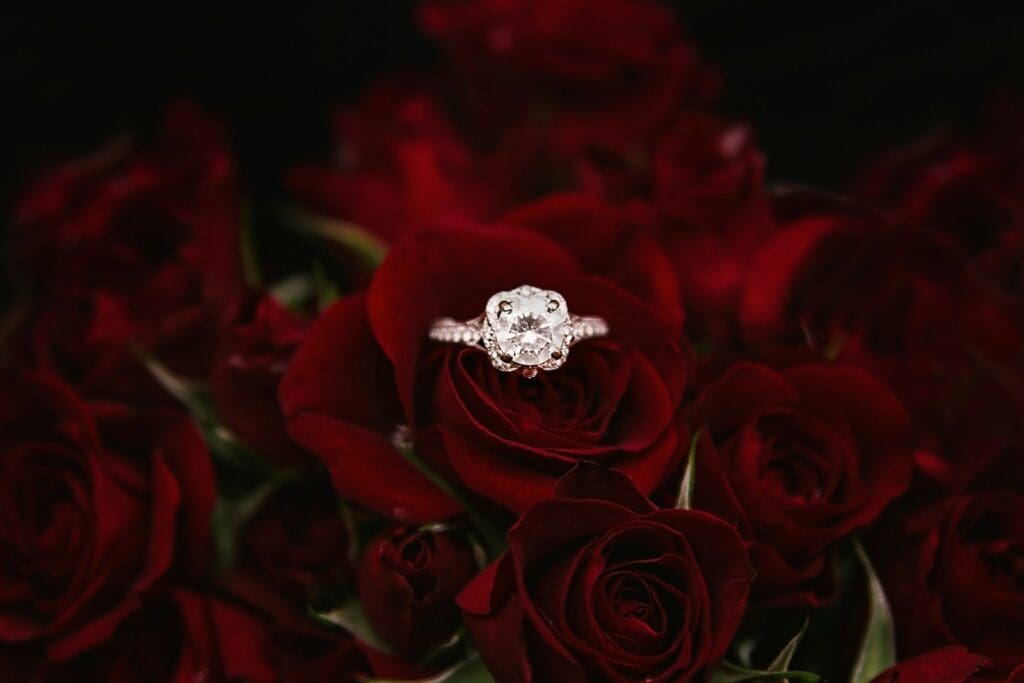
The diamond industry came up with a brilliant and profitable marketing ploy when they made people believe they needed to spend a month’s salary on a ring. However, these days, ethical concerns from Millennials about diamond sourcing have led them to seek alternative gemstones and custom jewelry. Plus, more people are leaning toward lab-grown diamonds.
14. Fast Fashion Clothing

Fast fashion is cheap, trendy clothing, often mimicking ideas from runway or celebrity fashions. Millennials have recognized that this cheap, short-lived clothing has an environmental impact, having to be more frequently produced. You end up spending more money in the long run. Plus, the labor practices are questionable (i.e. sweatshops).
13. Cable Television Packages
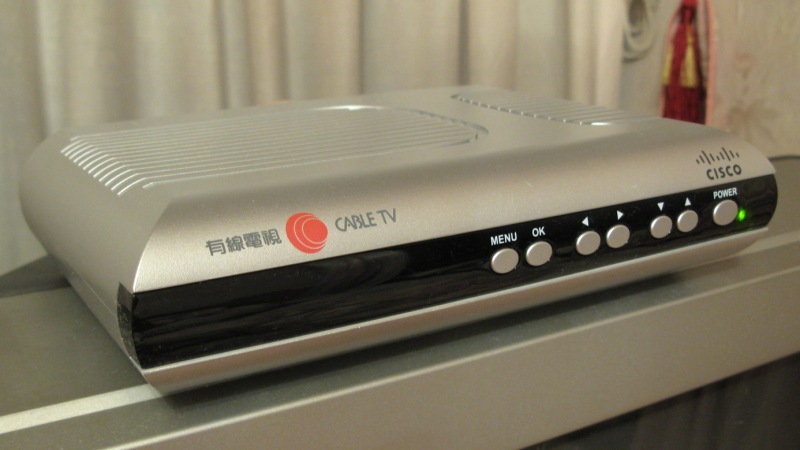
The cable industry has a long history of constant rate increases and questionable add-on charges. Millennials have decided it’s no longer worth the huge expense. Streaming offers more bang for the buck, greater flexibility, more variety, and transparency. For the price of cable, you can pay for four streaming platforms.
12. Printed Books

Millennials favor e-books, which are more portable than printed books. E-books can be read on your phone, tablet, computer, or web browser. They don’t consume the space of physical books. They can be searched, highlighted, and bookmarked with ease. You can adjust the type size. Plus, platforms like Amazon Kindle Unlimited allow unlimited reading for a low monthly fee.
11. Brand-Name Cleaning Products
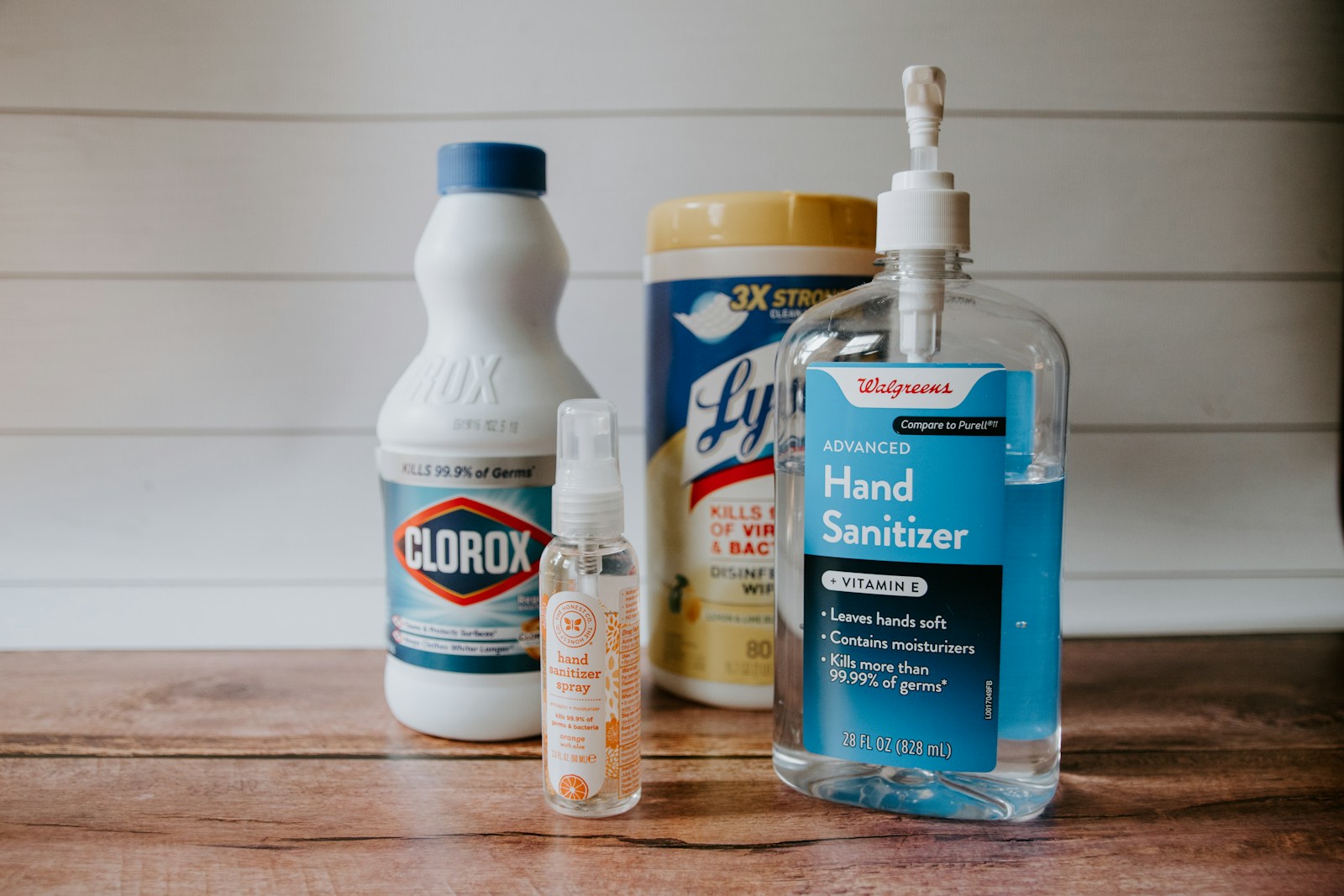
Brand-name cleaning products are being hit hard by Millennials who are shifting toward environmentally-friendly alternatives and DIY solutions. Millennials are choosing options with clear ingredient lists that are safe for people and the environment. They are also using natural and DIY solutions that are readily found by influencers on social media. Some of these are more effective.
10. Traditional Gyms
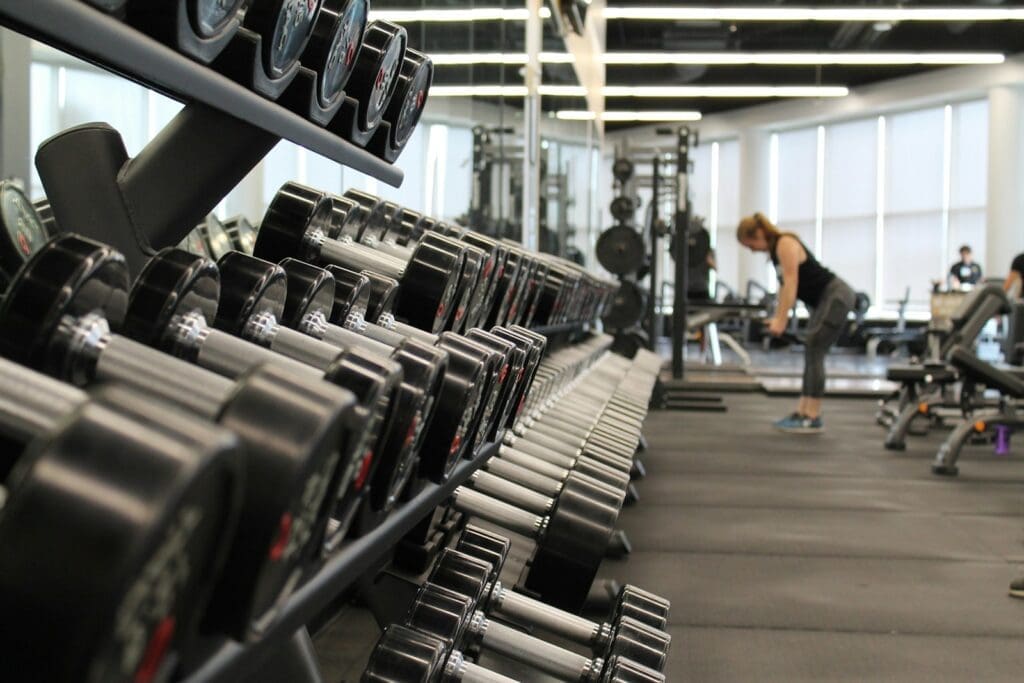
At one time, personal vanity drove hordes of people toward maintaining a gym membership. These days, Millennials are turning away from traditional gyms, with many seeking personalized fitness experiences. This may be boutique studios, or community events that are aimed at tailored routines and social connections. Others are choosing at-home workouts with their own equipment.
9. Disposable Diapers
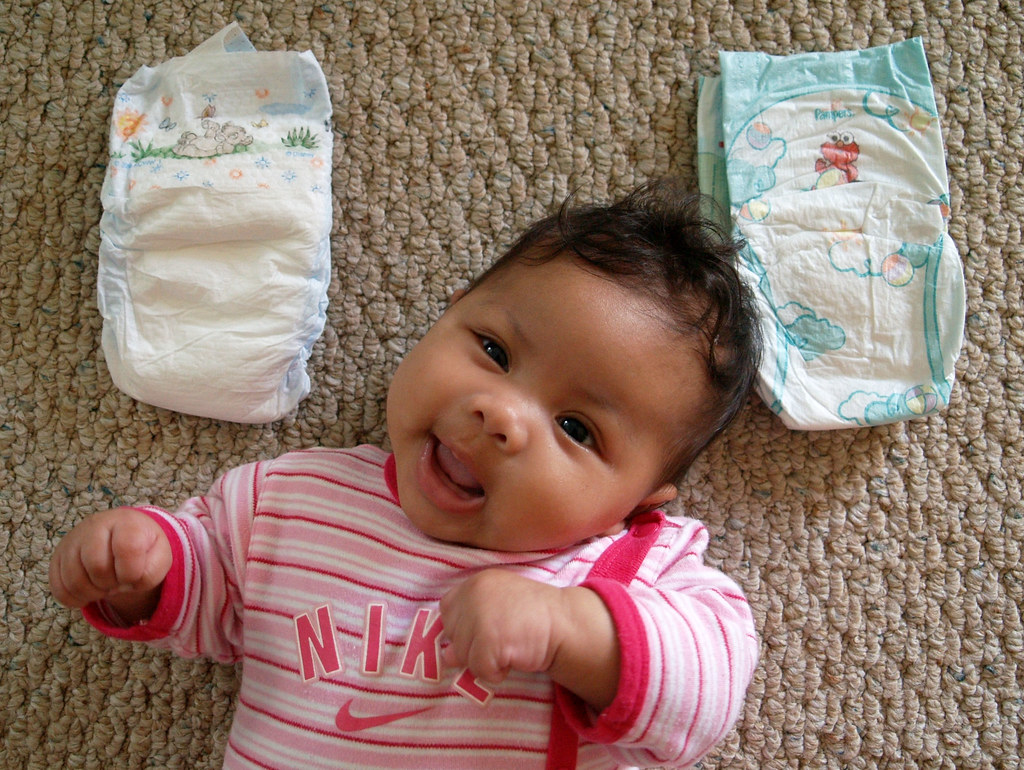
Disposable diapers have fallen out of favor with Millennials and this trend is likely to continue with Generation Z. Millennials have returned to the cloth diapers of yesteryear, as well as choosing new, eco-friendly alternatives. They look for products that are gentle on babies’ skin, as well as those that offer sustainable choices.
8. Disposable Razors
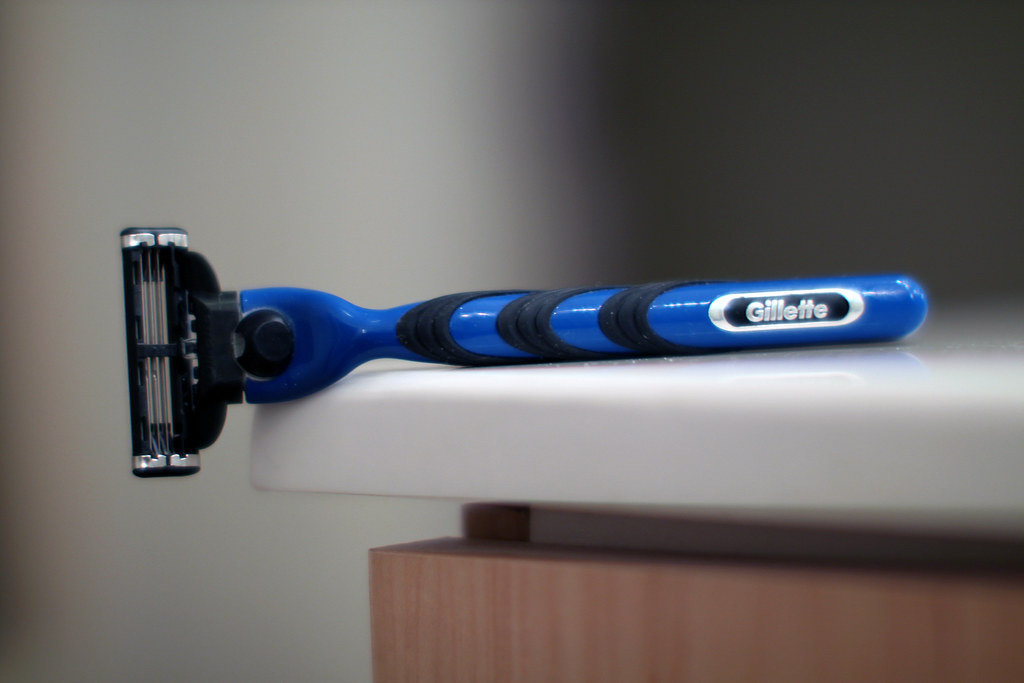
In all their shopping habits, millennials focus on purchasing products that prioritize sustainability and protect the environment. As such, disposable razors have fallen out of favor with millennials. Many are opting for longer-lasting shaving alternatives. Still, others have chosen to embrace natural body hair and are shaving less or not at all.
7. Brand-Name Bottled Water
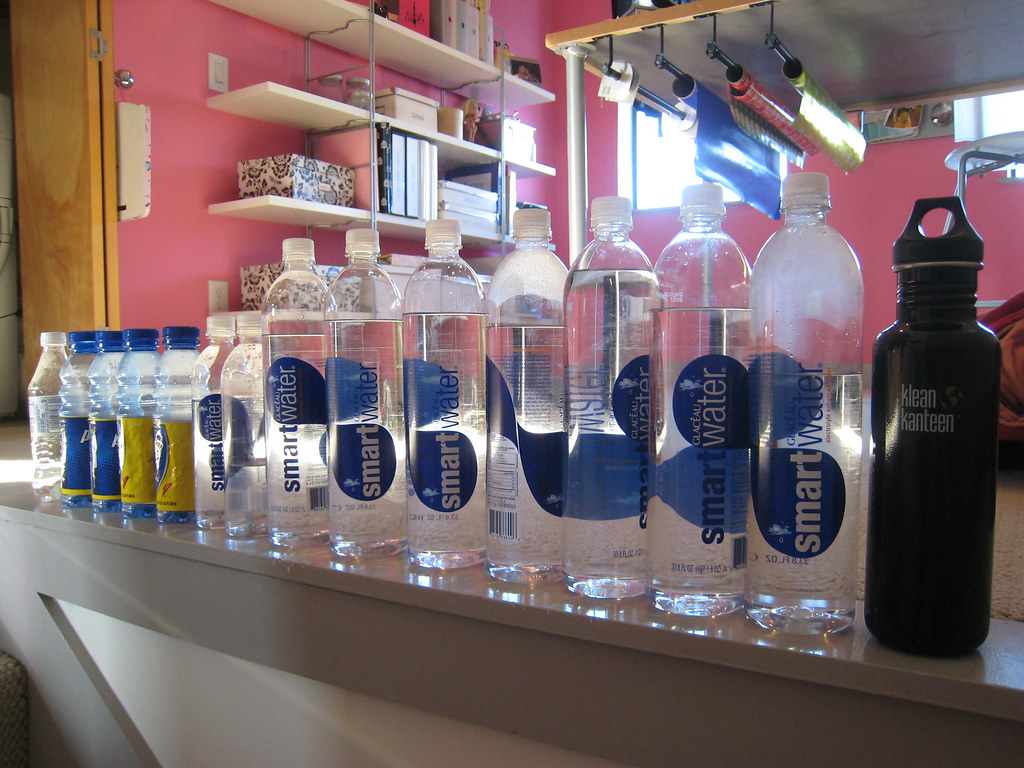
Brand-name bottled water was a booming industry at one time. It was lucrative too, charging a buck or more for something that costs fractions of a penny. But environmentally conscious Millennials are done with the pollution from plastic water bottles. Many are choosing reusable bottles or filtered water solutions at home. This practice saves the environment and unnecessary excess spending.
6. Single-Use Plastic Products
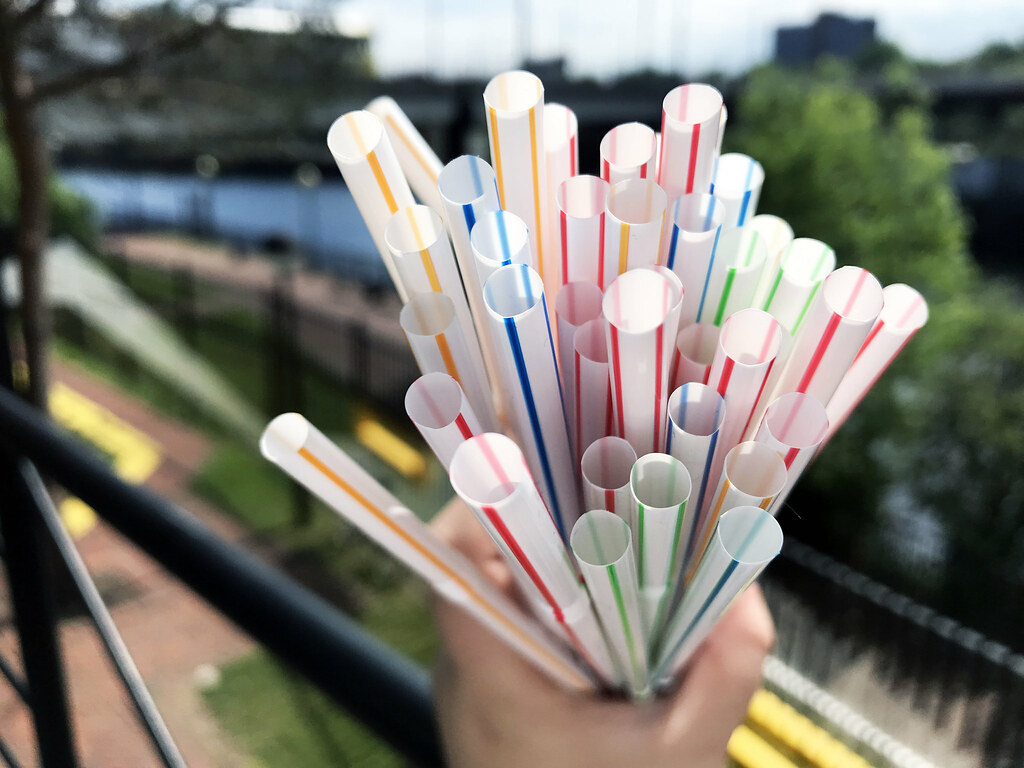
Plastic is now found at the lowest depths of the ocean and on the highest peaks on Earth. Millennials have taken a stance against single-use plastic products to save the environment. No more plastic straws, utensils, and bags. Millennials are turning away from plastic and choosing sustainable and more environmentally friendly alternatives such as paper, cloth, cardboard, and bamboo.
5. Non-Electric Toothbrushes
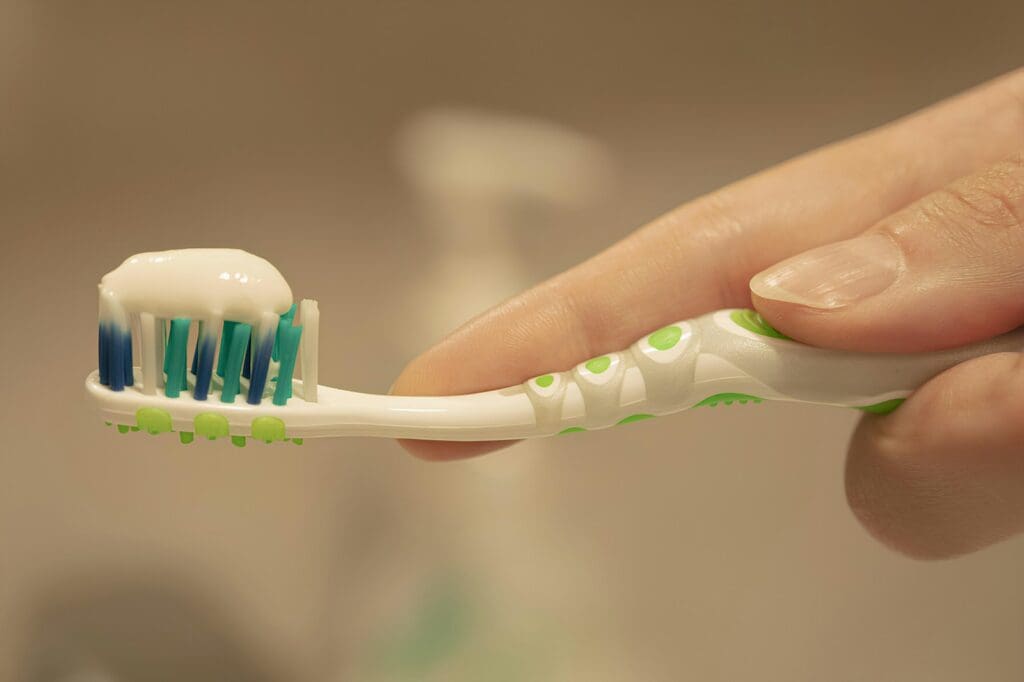
Many dentists claim electric toothbrushes are far superior at cleaning your teeth than manual toothbrushes. Millennials understand the enormous cost of dental care and procedures. They’ve been very diligent at taking good care of their teeth while they’re still young. As such, Millennials have embraced electric toothbrushes. This has caused a drop in demand for manual toothbrushes.
4. Disposable Coffee Cups

Coffee is a morning staple for many people. Purchasing coffee on the go results in a lot of waste. This has caused environmentally conscious Millennials to reject single-use disposable coffee cups. Instead, they’re turning to traditional reusable alternatives such as travel mugs and thermoses. Additionally, Millennials support coffee shops that allow reusable cups and forgo single-used waste.
3. Nonorganic Produce

Millennials have great concern for health and wellness. They are turning away from the mass-produced, insecticide-laden produce offered by large international corporations. Instead, they have turned to organic produce. Millennials also prefer to support buying from local farmers whenever possible. Organic produce is more expensive, but it is a healthier option.
Read More: Ten Things People Don’t Know About Gen X
2. Traditional Taxi Services

Millennials have turned away from traditional taxi services, as has the succeeding Generation Z. Both prefer the convenience of ride-sharing and transportation apps and services. The advantages are easy booking and upfront pricing. Uber and Lyft have overtaken the taxi industry in the past decade. They also support eco-conscious transportation methods, such as electric or hybrid vehicles.
Read More: 10 Reasons Millennials Aren’t Having Babies
1. Traditional Banking
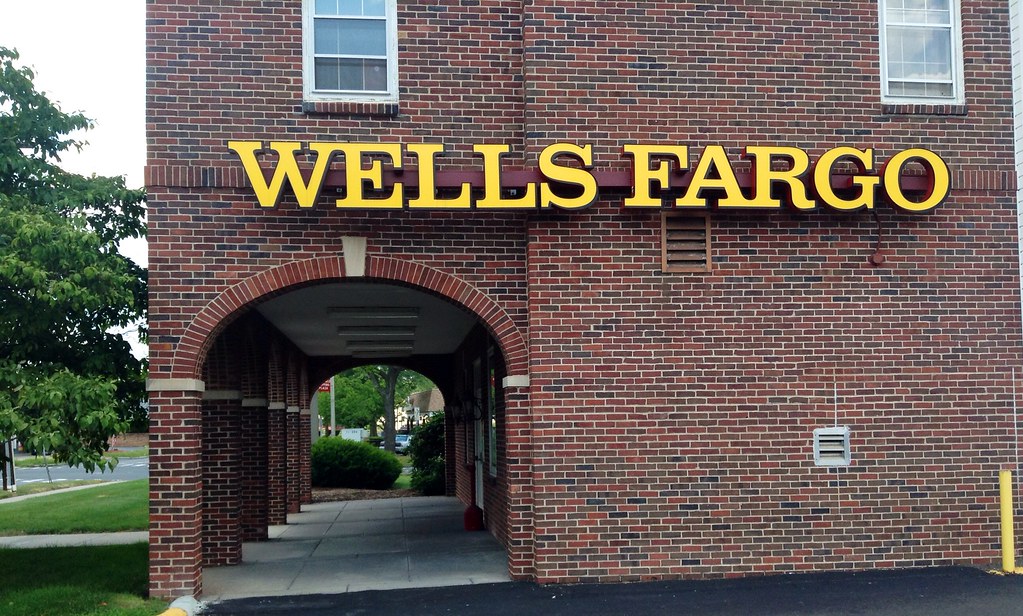
Millennials have revolted against what some might call central banks or the international banking cartels. This was fueled by a distrust of traditional banking institutions, starting with the 2008 financial crisis. Millennials are turning away from traditional banking and using online banking or fintech (financial + technology) solutions. Some are also opting out of traditional money altogether and using cryptocurrency.
Read More: 15 Ways Life is Different for Millennials than Baby Boomers







